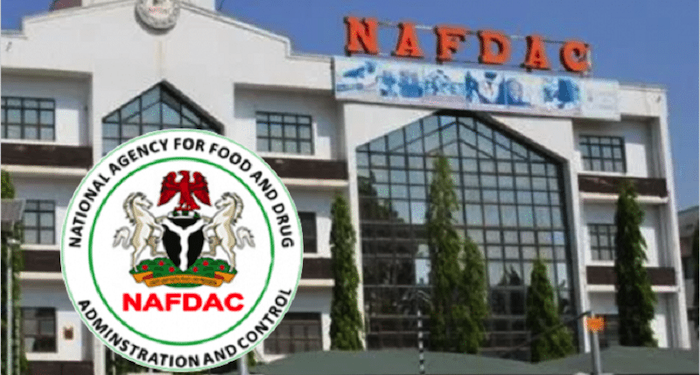The Director-General of the National Agency for Food and Drug Administration and Control (NAFDAC), Prof Mojisola Adeyeye, has revealed that more than 50 percent of the certificates of pharmaceutical products imported into Nigeria are classified as fake. She made this disclosure during a stakeholders’ engagement meeting in Abuja with regulators, policymakers, and law enforcement agencies.
Adeyeye explained that Nigeria and other African countries had agreed with the World Health Organization (WHO) to ensure the quality of products entering the region through the issuance of quality assurance certificates. These certificates, known as Certificate of Pharmaceutical Product (CPP), are issued in a format recommended by the WHO and establish the status of the pharmaceutical product and the applicant in the exporting country.
Despite the issuance of CPPs, Adeyeye noted that substandard and falsified products pose a significant threat to access to safe, efficacious, and affordable medicines in Nigeria and Africa as a whole. She highlighted the prevalence of such products, stating that more than 50 percent of CPPs coming into Nigeria are fake.
Adeyeye emphasized that addressing this issue is a shared responsibility, involving collaboration between regulatory agencies, policymakers, law enforcement agencies, and the private sector. NAFDAC has taken stringent measures against companies found to be compromising on quality, including blacklisting and sanctions.
The NAFDAC boss attributed the prevalence of substandard and falsified medicines in Africa to limited regulatory processes, with only about 10 percent of national regulatory agencies attaining maturity level three. Adeyeye outlined NAFDAC’s approach to combating this issue, focusing on prevention, detection, and response, and called for partnerships to address existing gaps.
She also highlighted NAFDAC’s achievement of a stability rating of level 3 on the Global Benchmarking Tool by the WHO in 2022, making it eligible for inclusion in the transitional WHO Listed Authority, which comprises globally recognized regulators meeting WHO and other international standards.


